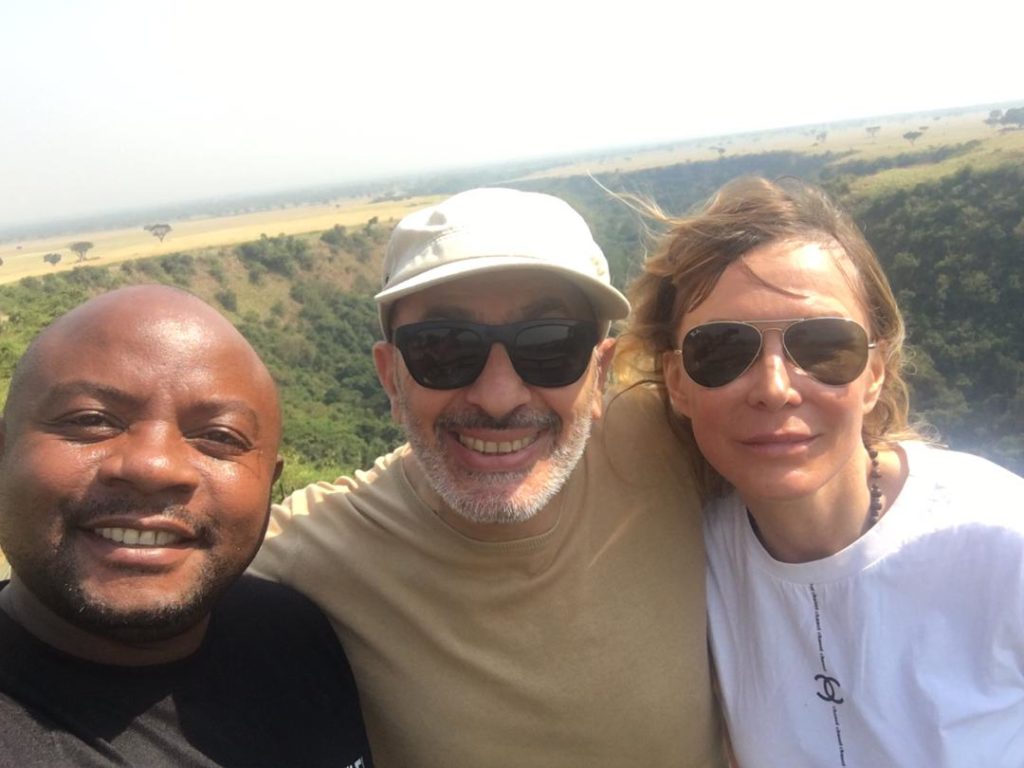SAFARI GUIDES AND WHY THEY ARE KEY
SAFARI GUIDES AND WHY THEY ARE KEY
Safari guides just don’t have the love for being in the bushveld regions of Africa, they also share their knowledge and experience with guests. They hold it in their hands to break or make a dream of a traveler. They are the most important of any safari experience. In this write up we look at safari guides and why they are key.
- Guides are a hub of knowledge and information.
Safari guides have an in-depth knowledge of the environment and not just the areas that have wildlife but also the surroundings like the communities and their culture. Guides give details of the wide ecosystems, how species in the ecosystem work together and contribute to the flourishing of the areas/ecoregions.
With this knowledge, facts, and information in their heads, tourists learn so much from them. They may not know everything but if one is a good guide, he/she admits what he doesn’t know but finds answers later- open to learning. And of course, guides are good at storytelling.
- Connecting travelers to Locals
Travel that involves interaction with locals is a secret to a great trip or holiday. It benefits travelers, locals, and nature. Guides bridge the gap between travelers and locals most especially where there is a component of the language barrier. They interpret and explain for both parties and act as a link to the two. In short, they ease communication.
- Guides ensure the safety of the guests.
Guests, mostly first-timers, all they know is the contact person they have been talking to via mail or phone. Upon arrival, the guides show up and they are the people that will spend most of the time with guests in a foreign land. For anything, guides are the ones in charge of the guests’ safety. It may not be only on incidents of attack by humans for them to protect you with your property, but also animals and behavior. Guides interpret animal signals mostly the aggressive ones, they can advise on drinking, and engaging with locals. They also drive responsibly and safely. They quickly know how to solve safety issues.

- Guides are great at dealing with cases of wildlife no-shows.
In the wilderness, there are chances of not seeing some species unlike in the zoos. When you cannot find the icons of the areas for example the tree-climbing lions of Ishasha sector at Queen Elizabeth National park, or the Chimpanzees at Kibale Forest Park, guides make a difference. They switch track and focus on the minor but also important in the ecosystem. They can introduce you to things like plants, insects, birds, animal feeding and reproduction, excretion among others.
They know how to better brief guests, what they might see or not see to prepare for cases of disappointments. They promise nothing and keep expectations low and wait for nature to surprise you.

- They know what interests kids.
Kids can question. For those that do family tours, you know how it can be challenging to find something that will suit everyone from the kids to the adults. When you finally get what fits all, the guides are the people that have to make the best for the kids. Some guides are parents and they know what kids love when it comes to the wilderness. They know the topics, how to deal with the questions from kids and make them get the best. They can balance the time for the kids and the adults.

So, with a great guide, you can see beyond the average tourist routes, experience the life of locals, learn new things, and feel safe with them while on safari. This is what makes safari guides and it is why they are key. We also do our best to choose the best safari guides for every trip to the wilderness, depending on the groups, activity selection, etc.
Book your next African safari with us.
